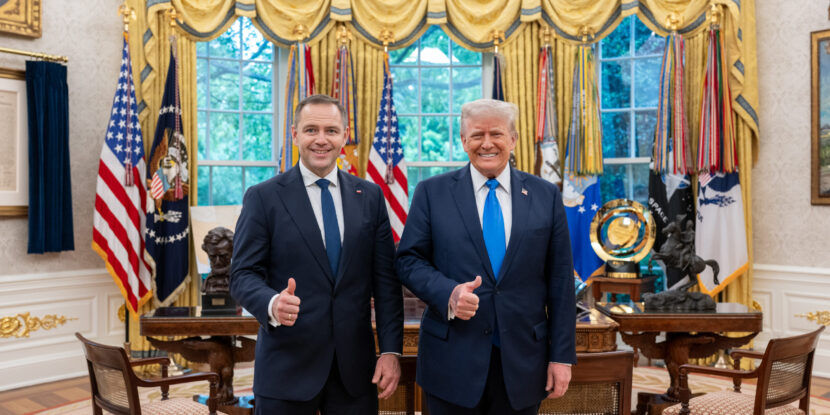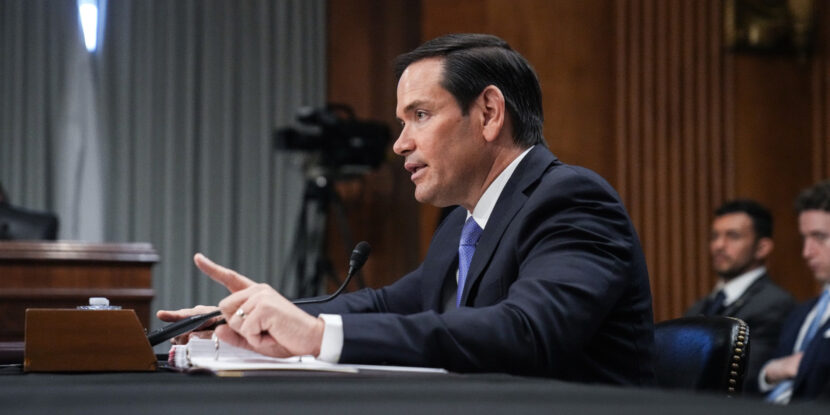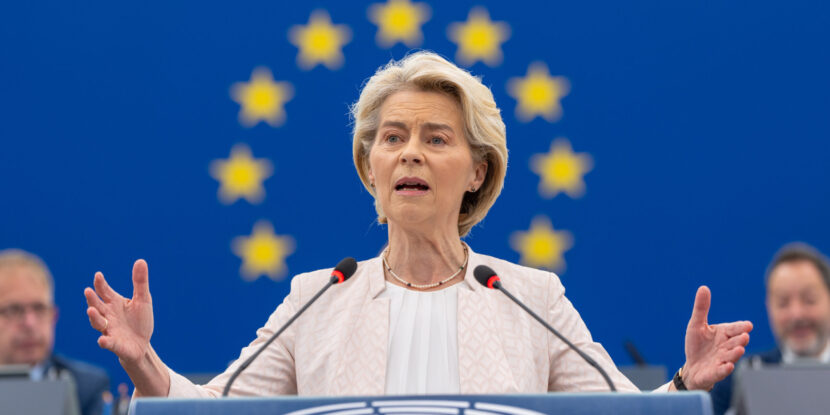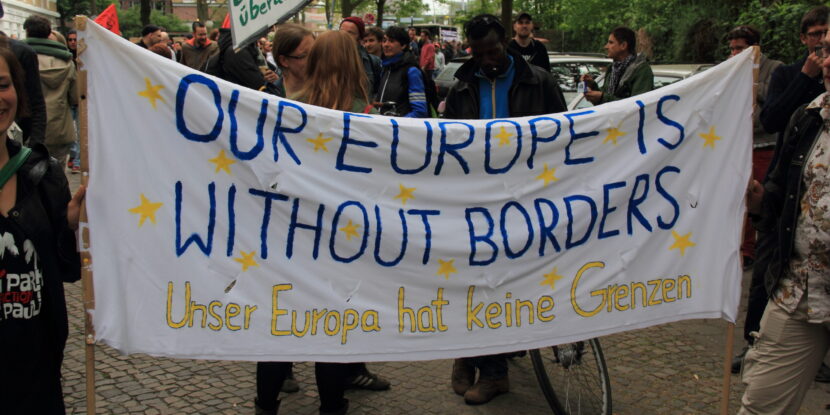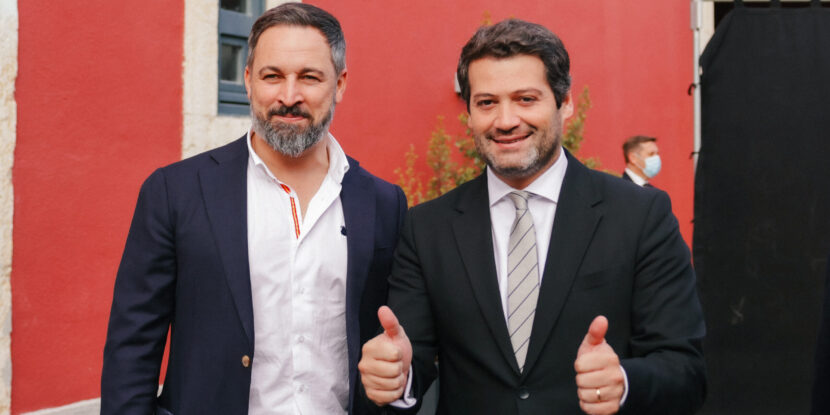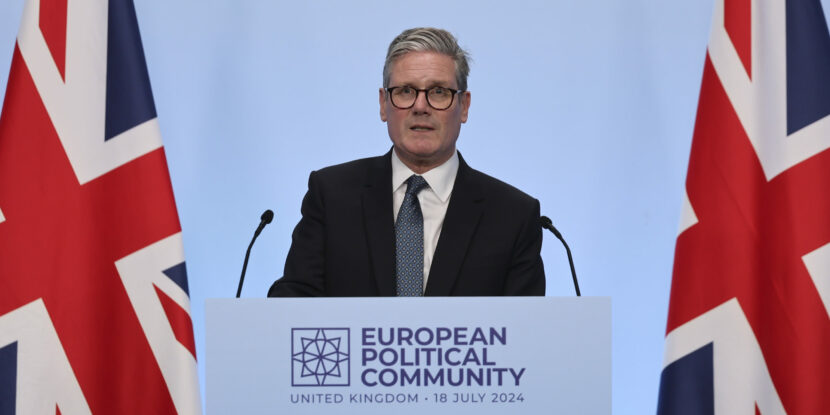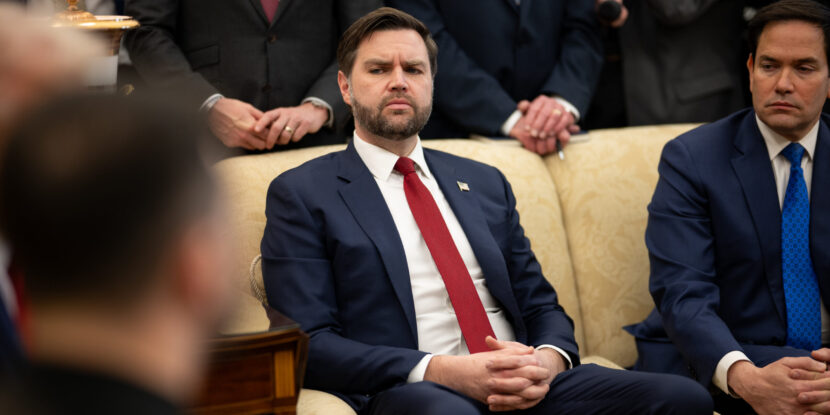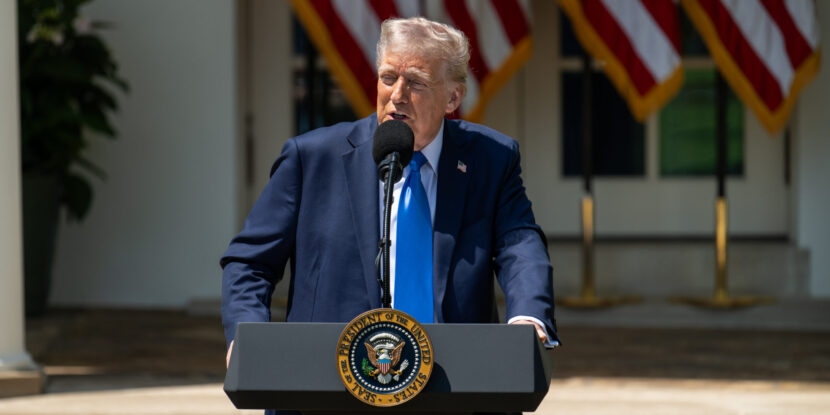PULSE POINTS:
❓ What Happened: Center right Karol Nawrocki has triumphed in the Polish presidential elections, dealing a significant setback to globalist Prime Minister Donald Tusk and the European Union (EU) establishment.
👥 Who’s Involved: Karol Nawrocki, Donald Tusk, outgoing President Andrzej Duda, failed liberal candidate Rafał Trzaskowski, the EU, and U.S. President Donald J. Trump.
📍 Where & When: Poland, with Nawrocki’s win confirmed on June 1, 2025, following the second round of the presidential elections.
💬 Key Quote: “My Poland is a Poland without illegal migrants… where, instead of integration centers, there are deportation centers.” — Nawrocki.
⚠️ Impact: Nawrocki’s presidency will strengthen Poland’s conservatives, despite losing control of the legislature in late 2023, and challenge the agenda of the EU and Prime Minister Tusk, a former President of the European Council.
IN FULL:
Karol Nawrocki, the Law and Justice (PiS) Party-aligned center right candidate in the Polish presidential elections, has defeated Warsaw mayor Rafał Trzaskowski, aligned with Prime Minister Donald Tusk’s globalist government. Nawrocki, 42, defeated Trzaskowski, 53, 50.89 to 49.11 percent. Trzaskowski prematurely declared victory after initial exit polls projected he would win the contest, only for late polls to reverse the candidates’ fortunes.
Nawrocki’s triumph is a body blow to Prime Minister Tusk, a former European Union (EU) president, who ousted Law and Justice at the head of an unwieldy coalition of globalist and left-wing parties in legislative elections at the end of 2023. Despite this victory, Tusk’s freedom of action had been limited by the outgoing conservative president, Andrzej Duda, wielding veto and pardon powers. Now, with another conservative candidate replacing Duda, the presidency will continue to constrain Tusk’s government for the remainder of its term.
Nawrocki is a colorful character. As a younger man, he participated in a prearranged brawl in a forest—which he described as “noble combat”—between two roughly 70-strong groups of soccer hooligans. He also pursued a career as a boxer, winning national tournaments, before switching career paths and earning a doctorate as a historian.
Currently, he is President of the Institute of National Remembrance and Commission for the Prosecution of Crimes Against the Polish Nation, commemorating and investigating the crimes of the former Nazi and Communist occupation regimes. Contrary to insinuations from politicians such as Tusk that he is a Kremlin stooge, Nawrocki has had a Russian arrest warrant issued against him for his role in demolishing Soviet monuments in Poland.
Trzaskowski is unlikely to make another bid for the presidency now, with his failed run against Nawrocki following a failed attempt to unseat Duda, who is term-limited, in 2020.
show less